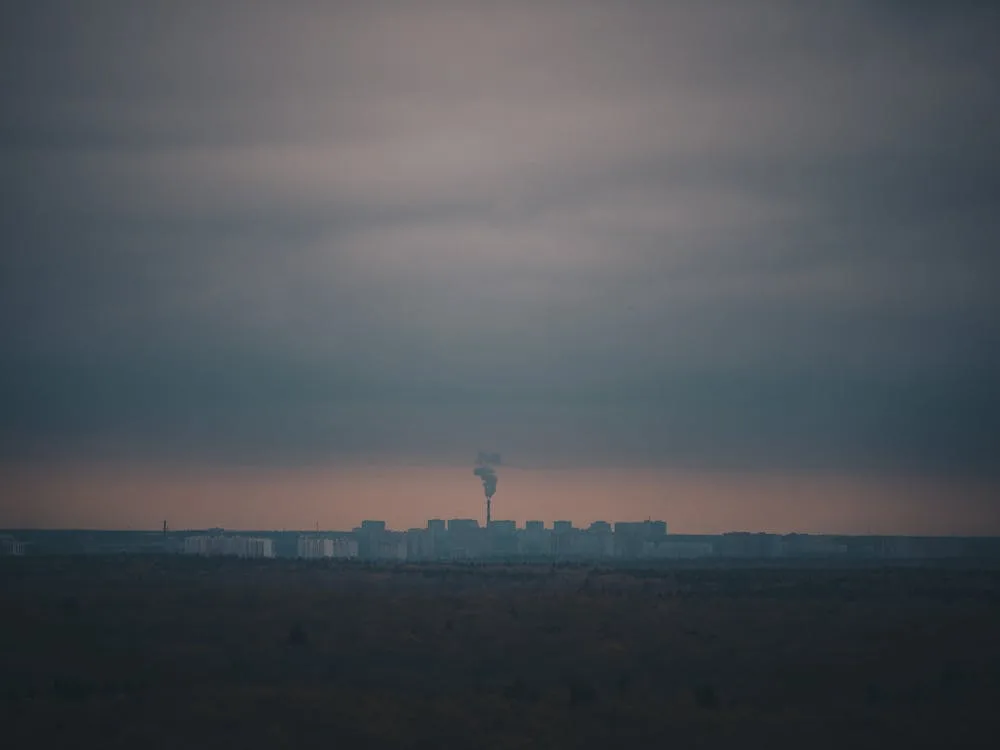How Shell is Being Sued for Human Rights Violations and Environmental Damage in Nigeria
Image source: Pexels.com
Despite being one of the biggest oil businesses in the world, Shell has a darker side. For many years, Shell has faced allegations that it seriously damages Nigerians and the environment, particularly in the Niger Delta area where it conducts business. I’ll explain in this blog post why this is significant for the future of environmental justice and human rights, as well as how activists are suing Shell for alleged crimes.
A Region of Plenty and Difficulties: The Niger Delta
Describe the Niger Delta and explain its significance.
The Niger Delta is a sizable region of mangroves and wetlands in southern Nigeria, formed by the Niger River’s outlet into the Atlantic Ocean. More than 30 million people who come from more than 40 ethnic groups reside there and rely on the land and water for their lives. Natural resources, particularly oil and gas, are abundant in the Niger Delta and provide the majority of Nigeria’s export revenue.
What issues does the Niger Delta face?
But the Niger Delta has also seen poverty and underdevelopment, as well as war and bloodshed. The area has had hundreds of oil leaks annually since oil was discovered in the 1950s, mostly as a result of deteriorating pipelines, theft, sabotage, and inadequate maintenance. These oil spills have killed wildlife, destroyed crops, and harmed people’s health by contaminating the land, water, and air. In the Niger Delta, many villages lack access to basic amenities including electricity, clean water, medical care, and education. They also experience abuses of their human rights, including executions, threats, and harassment from armed groups and security agencies that are frequently connected to the oil business.
The Court Case Against Shell
In what ways is Shell being sued by activists for its part in the Niger Delta crisis?
Shell has long rejected liability for the effects of its operations in the Niger Delta on the environment and human rights, attributing them to outside forces including sabotage, militancy, and corruption. But in recent years, attorneys and activists have contested Shell’s assertions and filed lawsuits against the business in a number of nations, including Nigeria, the Netherlands, the United Kingdom, and the United States.
Among the most well-known lawsuits is the one filed in the Netherlands, where Shell has its headquarters, by four Nigerian farmers from the Ogale and Bille communities. They alleged that Shell breached their right to a clean environment and was responsible for the oil leaks that harmed their lands and means of subsistence. Additionally, they contended that Shell Petroleum Development Company of Nigeria (SPDC), the parent company of Shell plc, had a duty of care to supervise and manage the business and to avoid and correct any harm that its operations produced.
The Court of Appeal of the Hague ruled in favour of the farmers on January 29, 2021, following a protracted and intricate legal battle that began in 2008. The case was initially filed in 2008. Shell Nigeria (SPDC) was ordered by the court to compensate the farmers for their losses and to thoroughly clean up the regions that were impacted by the oil spills. In addition, the court determined that Shell Plc had violated its duty of care and mandated that, in order to stop future spills, it install a leak detection system on its pipelines in Nigeria. For the first time ever, a multinational corporation was made to answer by a Dutch court for the deeds of its overseas subsidiary and the human rights violations.
What consequences does this lawsuit have for Shell and the Niger Delta, and why is it important?
For the Nigerian farmers, the Dutch court’s decision represents a significant win, and it sets a precedent that will be followed by other victims of corporate exploitation worldwide. Evidence suggests Shell cannot avoid accountability for its detrimental activities in Nigeria and must uphold the rights and welfare of the local populace. Additionally, it establishes a precedent for other nations’ courts to hold multinational corporations accountable for their effects on the environment and human welfare everywhere they do business.
The case is also significant for Shell and the Niger Delta. Shell is facing more legal hurdles, as thousands of other Nigerians have filed similar claims against the business, both in Nigeria and elsewhere. Shell may also face increased pressure from shareholders, customers, and authorities to enhance its environmental and social performance, as well as to connect its business model with global goals such as climate action and sustainable development. The Niger Delta, on the other hand, may see some hope for justice and restoration, as the court’s verdict may open the way for additional compensation and cleanup operations, as well as increased engagement and consultation of affected people in decision-making processes that influence their lives.
Conclusion
Shell is being sued in Nigeria for alleged human rights breaches and environmental degradation, which is significant for the future of human rights and environmental justice. The story of Nigerian farmers who won a landmark verdict against Shell in the Netherlands is a monument to the force and perseverance of grassroots movement, as well as a challenge to corporate giants’ impunity and irresponsibility. It is also a call to action and solidarity in support of the Niger Delta’s people and environment, as well as a demand that Shell and other oil companies respect their rights and clean up their damage.





0